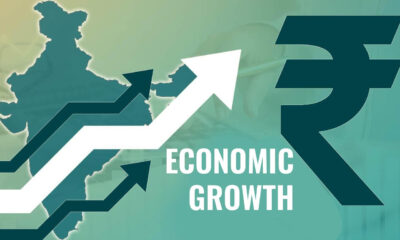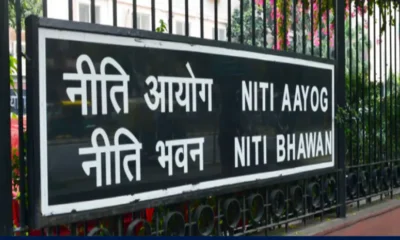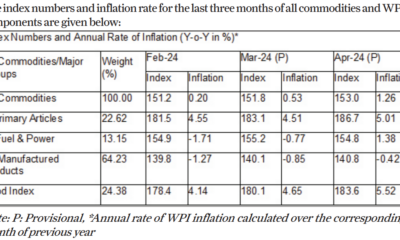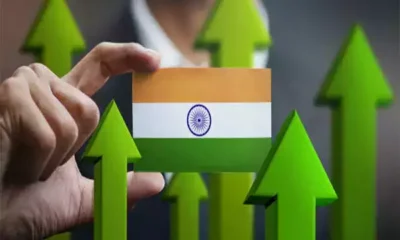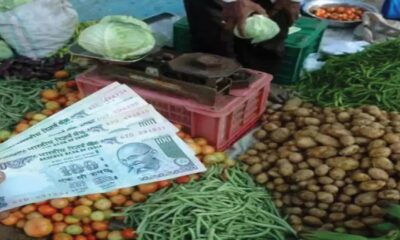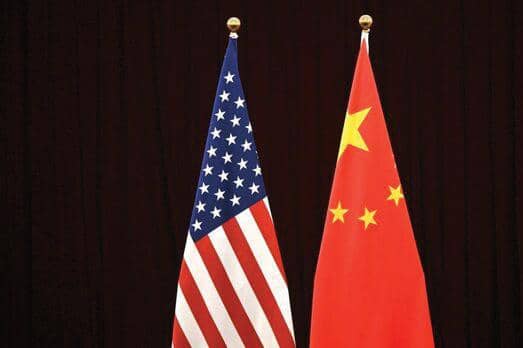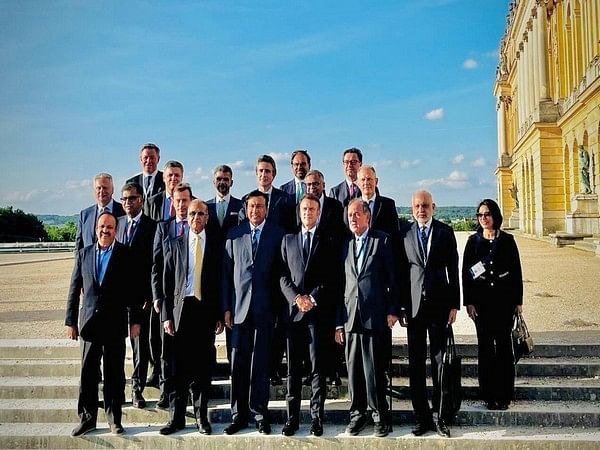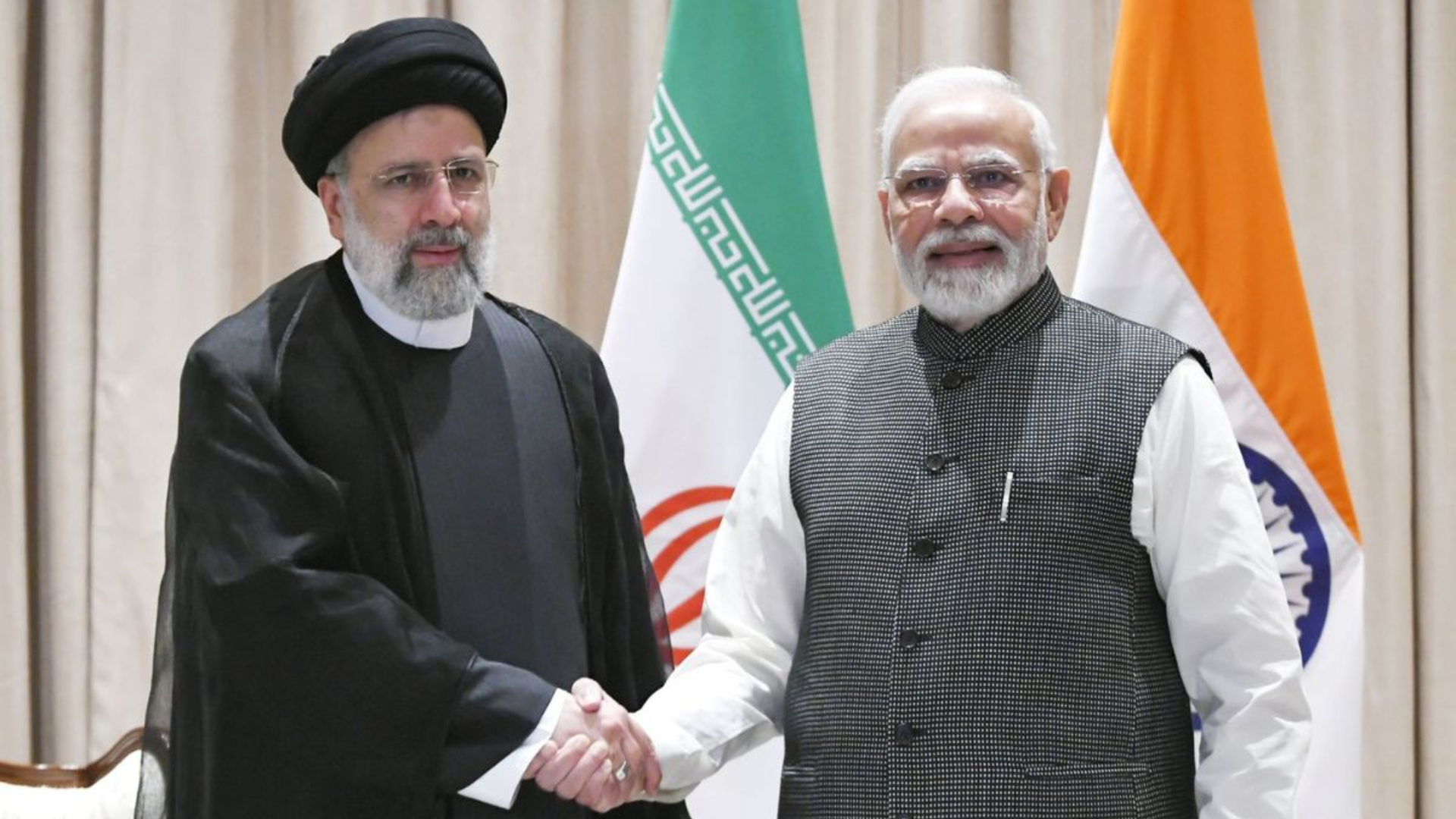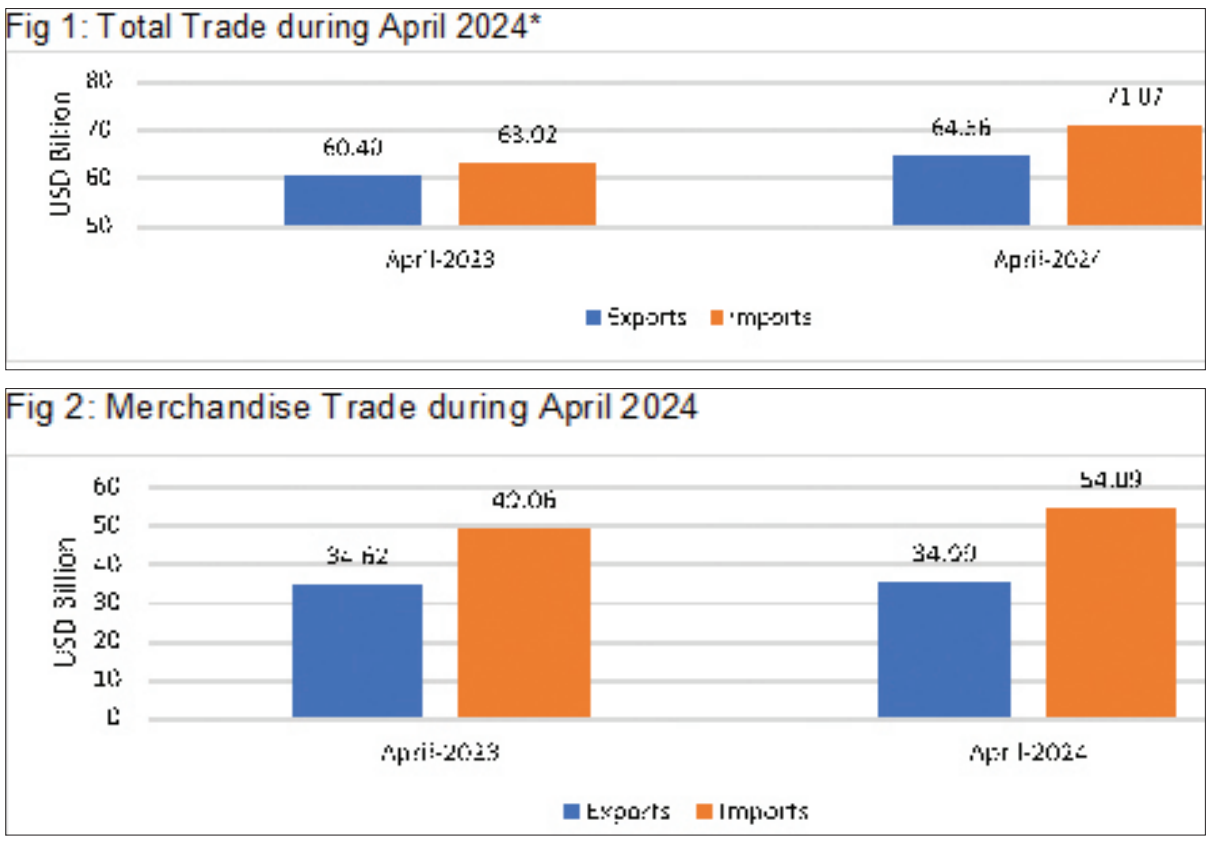Merchandise exports charted a very mild growth amidst global challenges with electronic goods, drugs & pharmaceuticals, organic & inorganic chemicals and petroleum products keeping India’s outbound shipments on positive trajectory.
Amidst a ballooning trade deficit of USD 19.1 billion in April 2024, India’s exports increased sluggishly by 1.08 per cent year-on-year at USD 34.99 billion last month — as compared to USD 34.62 billion in April 2023 – with electronic goods, organic and inorganic chemicals, petroleum products and drugs and pharmaceuticals acting as main drivers of merchandise exports growth during April 2024. Merchandise imports in April 2024 were USD 54.09 billion, as compared to USD 49.06 billion in April 2023.
Commerce Secretary Sunil Barthwal said the new fiscal year had started on a good note and hoped that it continues. Aditi Nayar, Chief Economist ICRA notes that this was the highest merchandise trade deficit print in four months and was also much higher than ICRA’s expectations. “Notably, the widening in the non-oil deficit in April 2024 vis-à-vis April 2023 was entirely driven by a tripling in gold imports, partly aided by the surge in gold prices.
The total exports of merchandise and services in the first month of FY 2024-25 show strong growth of 6.88 per cent at USD 64.56 billion compared to USD 60.40 billion in April 2023. The total imports of merchandise and services combined in April 2024 is estimated to be USD 71.07 billion, exhibiting a positive growth of 12.78 per cent over April 2023. Ashwani Kumar, FIEO president, views the USD 34.62 billion exports in April 2023 as a positive start to the new financial year 2024-25 even during challenging times. “The ongoing Russia-Ukraine war coupled with various major geo-political tensions including the Red Sea crisis and Israel-Hamas conflict has also made the international trade scenario much tougher for the Indian exporters,” says Kumar.
Sectorally, export of non-petroleum and non-gems and jewellery which comprises the basket of gold, silver and precious metals, registered increase of 1.32 per cent to USD 26.11 billion in April 2024 from USD 25.77 billion in April 2023. Import of gold, silver and precious metals in April 2024 were USD 32.72 billion, compared to USD 32.13 billion in April 2023.
Electronic goods exports increased by 25.8 per cent from USD 2.11 billion in April 2023 to USD 2.65 billion in April 2024, organic and inorganic chemicals increased by 16.75 per cent from USD 2.14 billion in April 2023 to USD 2.50 billion in April 2024. Drugs and pharmaceuticals exports increased by 7.36 per cent from USD 2.26 billion in April 2023 to USD 2.43 billion in April 2024. Petroleum products exports were up by 3.10 per cent from USD 6.42 billion in April 2023 to USD 6.62 billion in April 2024.
In merchandise exports, 13 of the 30 key sectors exhibited positive growth in April 2024 as compared to same period last year (April 2023). These include coffee, tobacco, spices, cotton Yarn/Fabs./Made-Ups, handloom products etc, carpet, cereal preparations and miscellaneous processed items, petroleum products, plastic and linoleum and handicrafts excluding handmade carpet.
In merchandise imports, 14 out of 30 key sectors exhibited negative growth in April 2024. These include sulphur and unroasted iron pyrites, pearls, precious and semi-precious stones, cotton raw and waste, wood and wood products, coal, coke and briquettes, artificial resins, plastic materials, fertilisers, crude and manufactured, iron and steel, chemical material and products, organic and inorganic chemicals, machinery, electrical and non-electrical, dyeing/tanning/colouring materials, pulp and waste paper and transport equipment.
Services export for April 2024 also fell to USD 29.57 billion, as compared to USD 25.78 billion in April 2023. Services import for April 2024 stood at USD 16.97 billion as compared to USD 13.96 billion in April 2023.
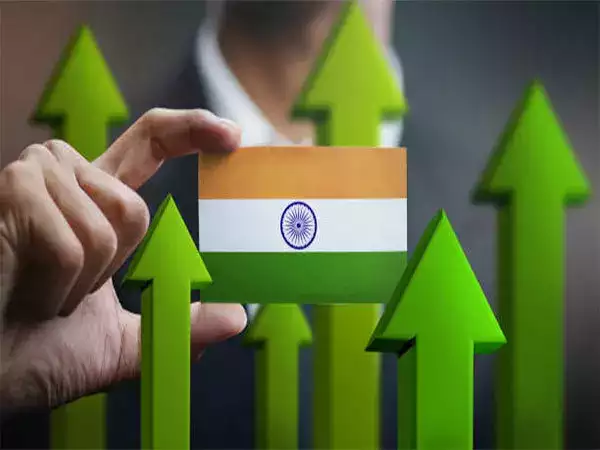

 Opinion3 years ago
Opinion3 years ago
 Entertainment8 years ago
Entertainment8 years ago
 Entertainment8 years ago
Entertainment8 years ago
 Fashion8 years ago
Fashion8 years ago
 Opinion4 years ago
Opinion4 years ago
 Entertainment8 years ago
Entertainment8 years ago
 Politics8 years ago
Politics8 years ago
 Entertainment8 years ago
Entertainment8 years ago
